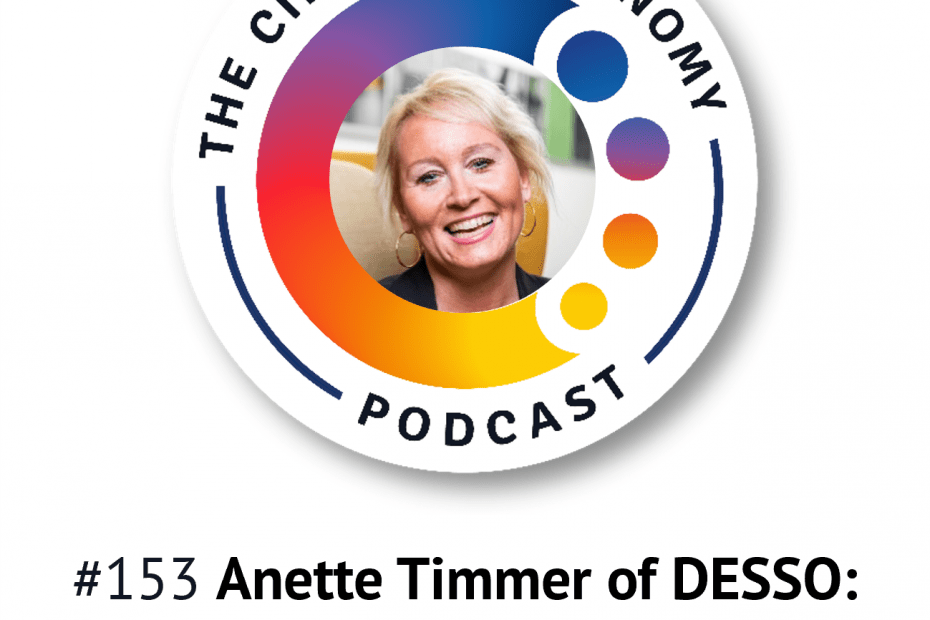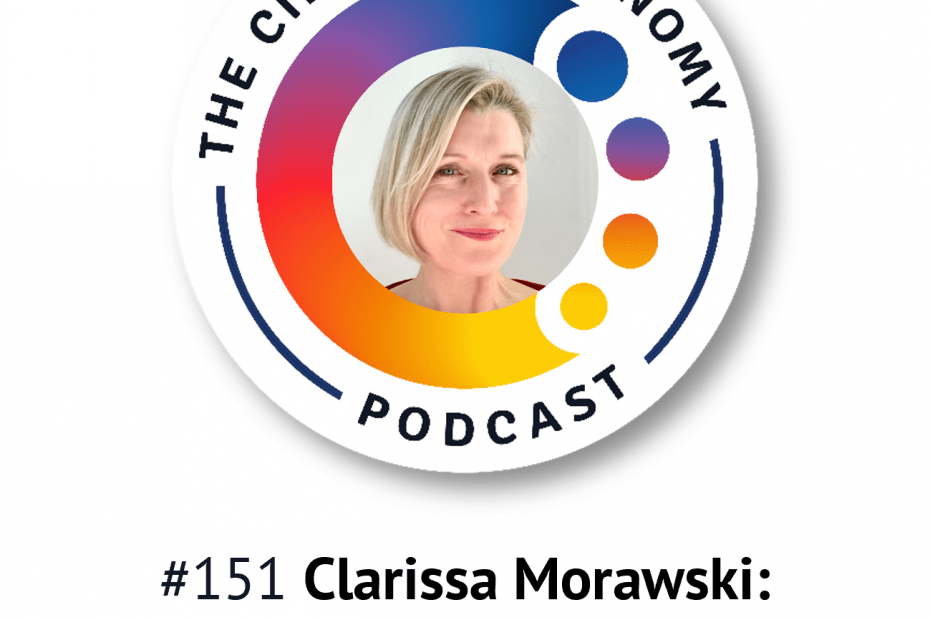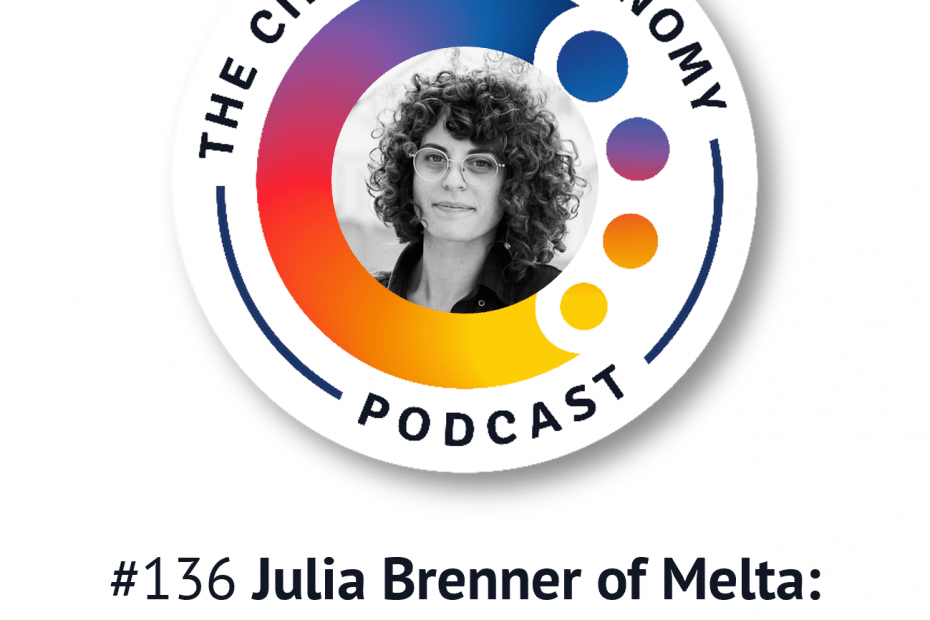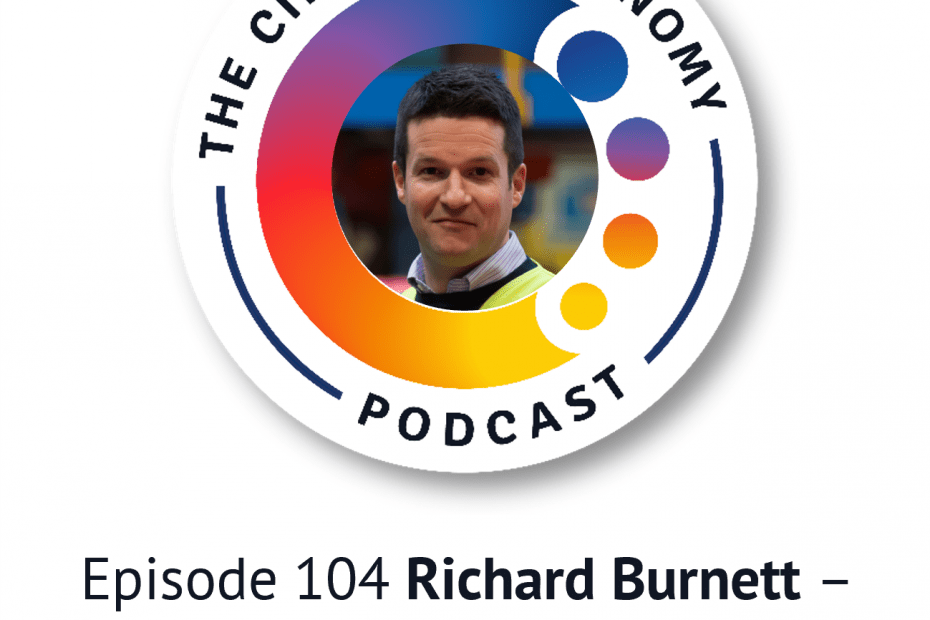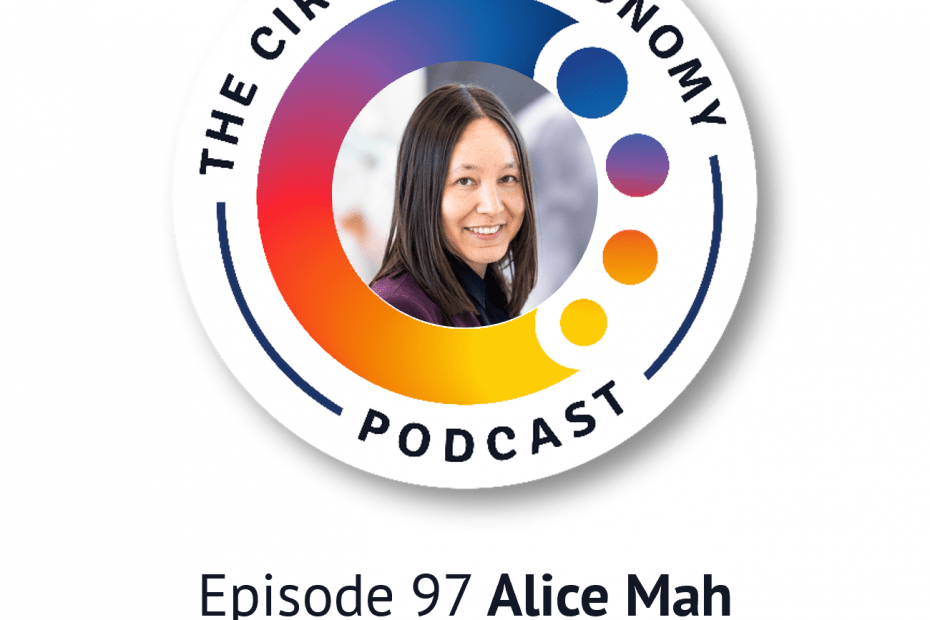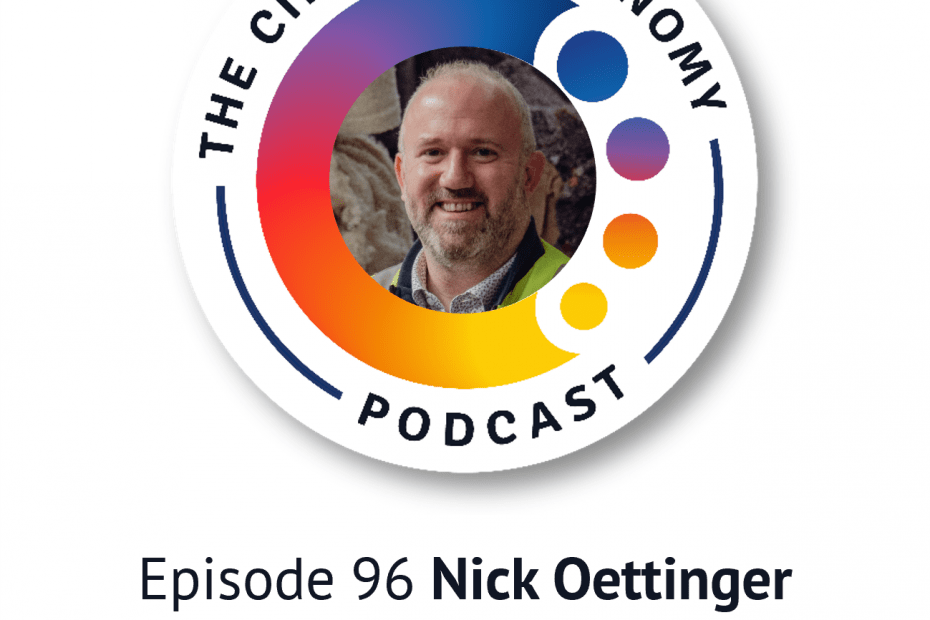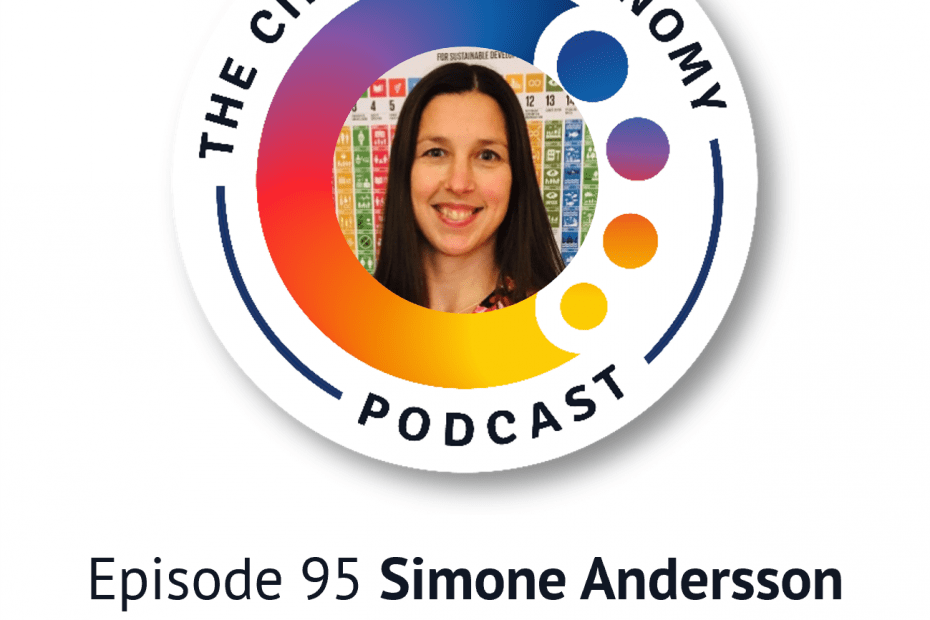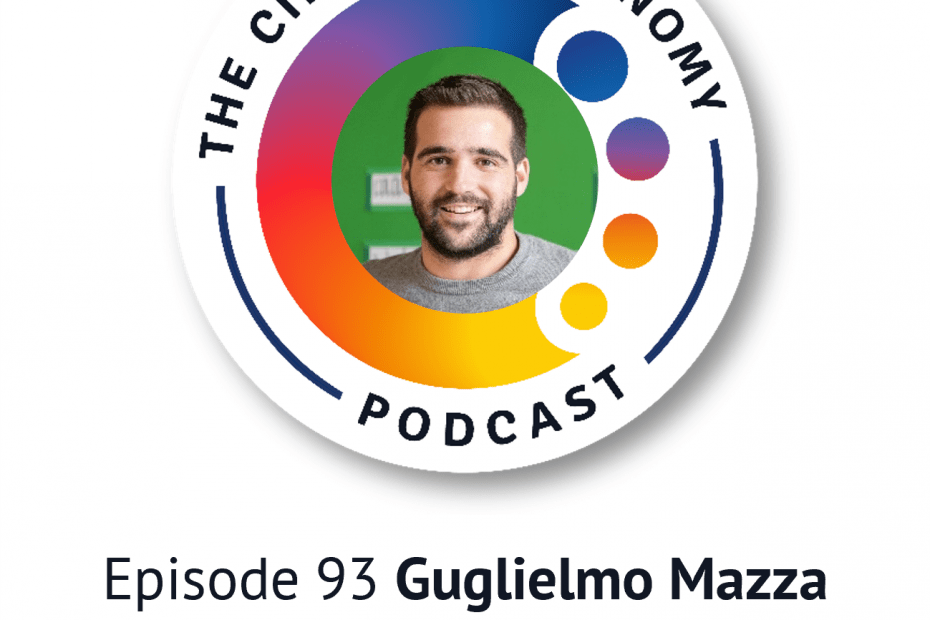153 Anette Timmer of DESSO: the beauty of circularity
We hear insights from Anette Timmer of DESSO by Tarkett, a leading carpet brand that was an early adopter of circular economy principles.
Anette Timmer began her journey with DESSO almost 18 years ago, and has played a central role in the business’ transition to a circular economy model.
Anette helps to bridge the gap between the vision and execution of circular transformation, using marketing and communications to educate audiences about circularity; develop stakeholder trust and transparency; inspire behaviour change among customers; and build advocacy and momentum across the wider industry.
Anette is a strong advocate for cross-industry collaboration, where businesses share experiences, and work together to create systems to circulate products and materials.
DESSO is now part of Tarkett, and has a long-held belief in designing with people and planet in mind, and over a decade ago, it made a bold commitment to place circularity at the core of its ambitions.
Moving towards a closed-loop system has involved a total change of mindset within the business. DESSO calls its commitment the Beauty of Circularity, and it drives the business to do more with less at every stage. –
Annette unpacks the three pillars of Desso’s beauty of circularity strategy: designing products to live multiple lives; developing innovative materials that are made to be remade; and building systems to return flooring at end of life to complete the circular journey. And sometimes, synchronicity steps in to lend a hand!
